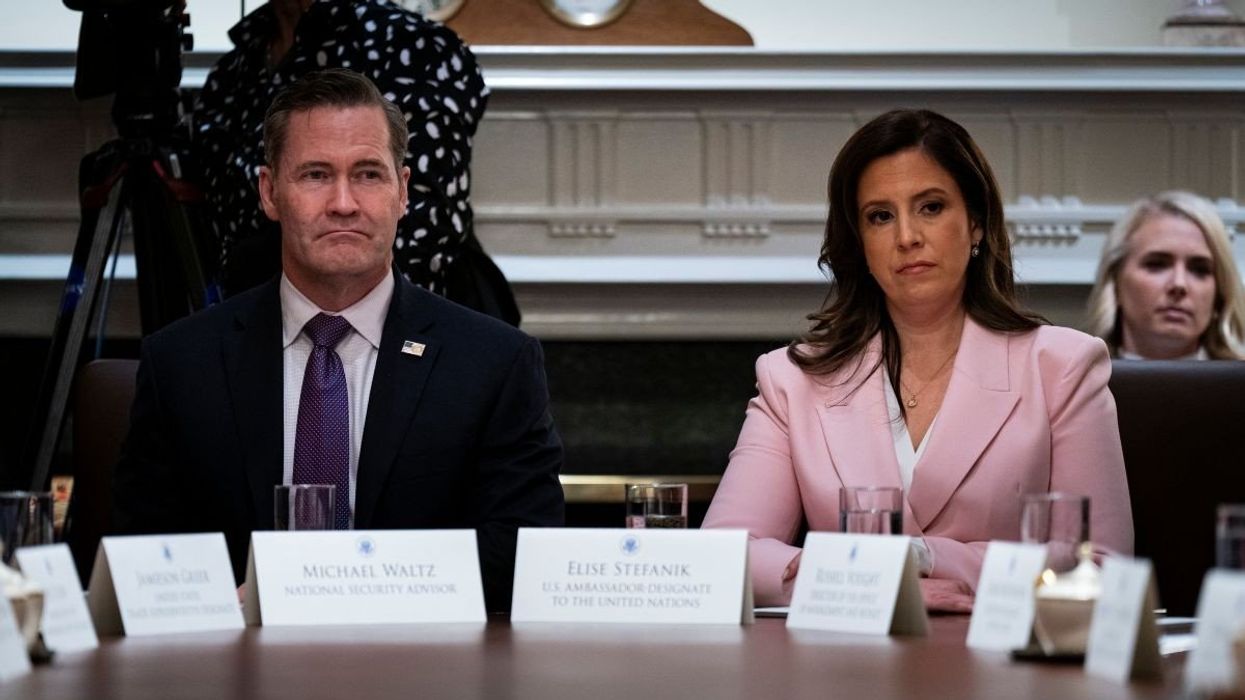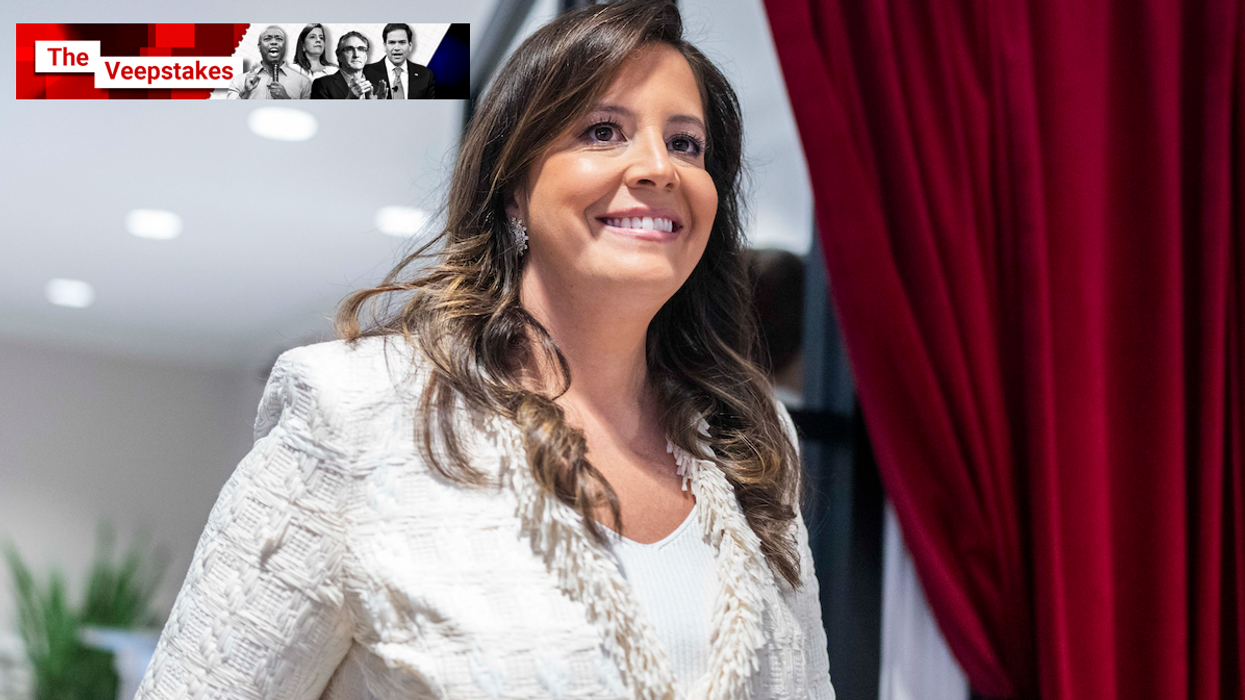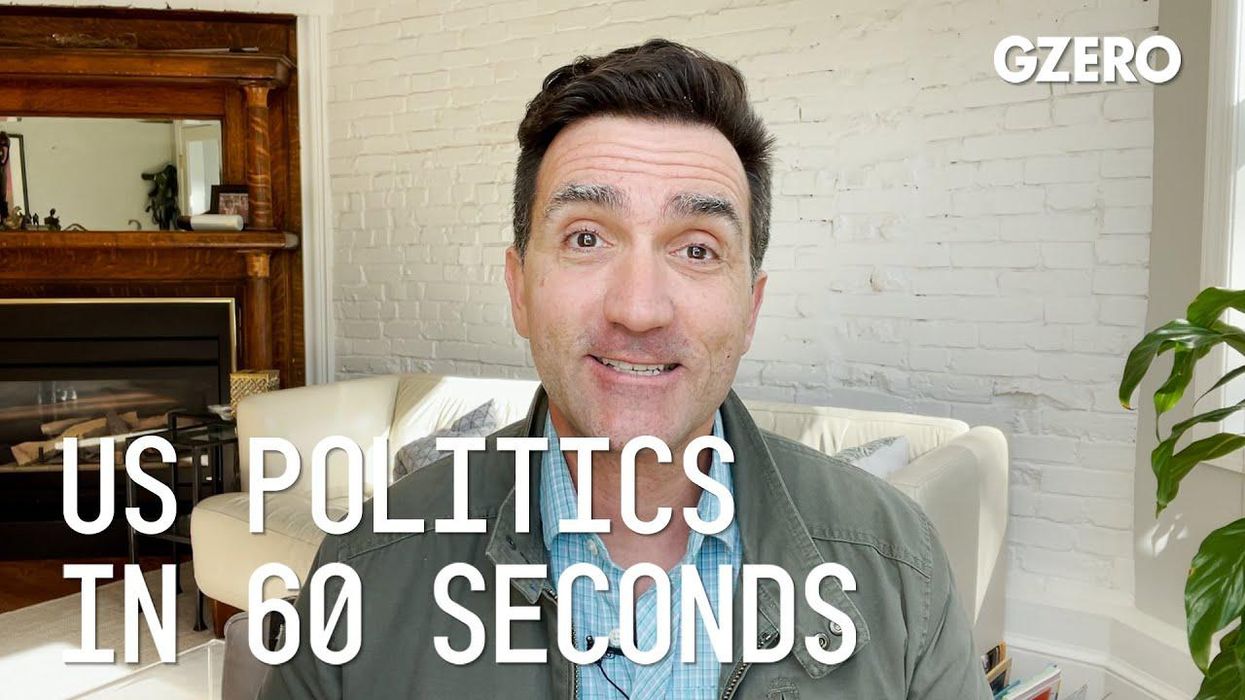What We're Watching
Chain reaction: Why Trump pulled Stefanik’s UN nomination
An internal GOP poll found a Republican candidate trailing in a special election for a conservative-leaning district in Florida, forcing US President Donald Trump to make a decision aimed at maintaining the Republican Party’s majority in the House.
Mar 27, 2025




